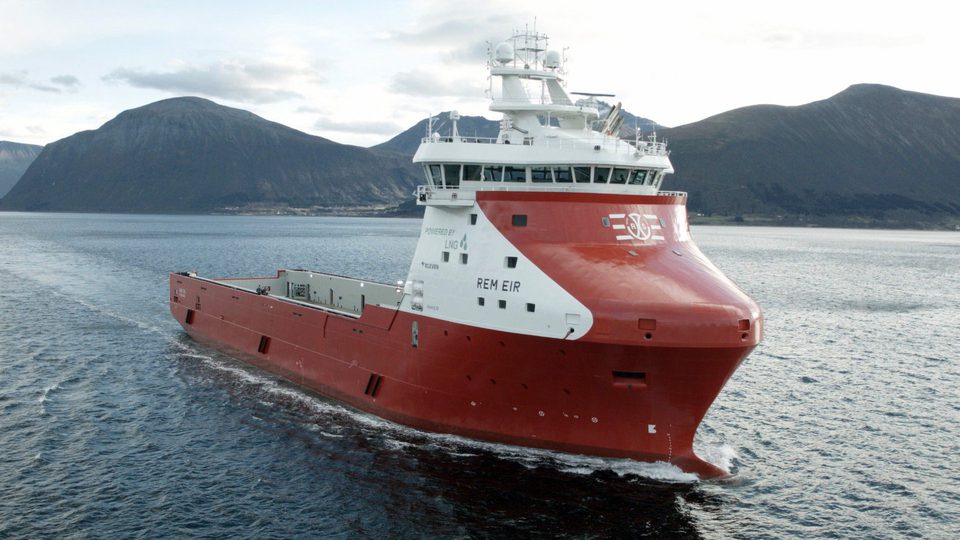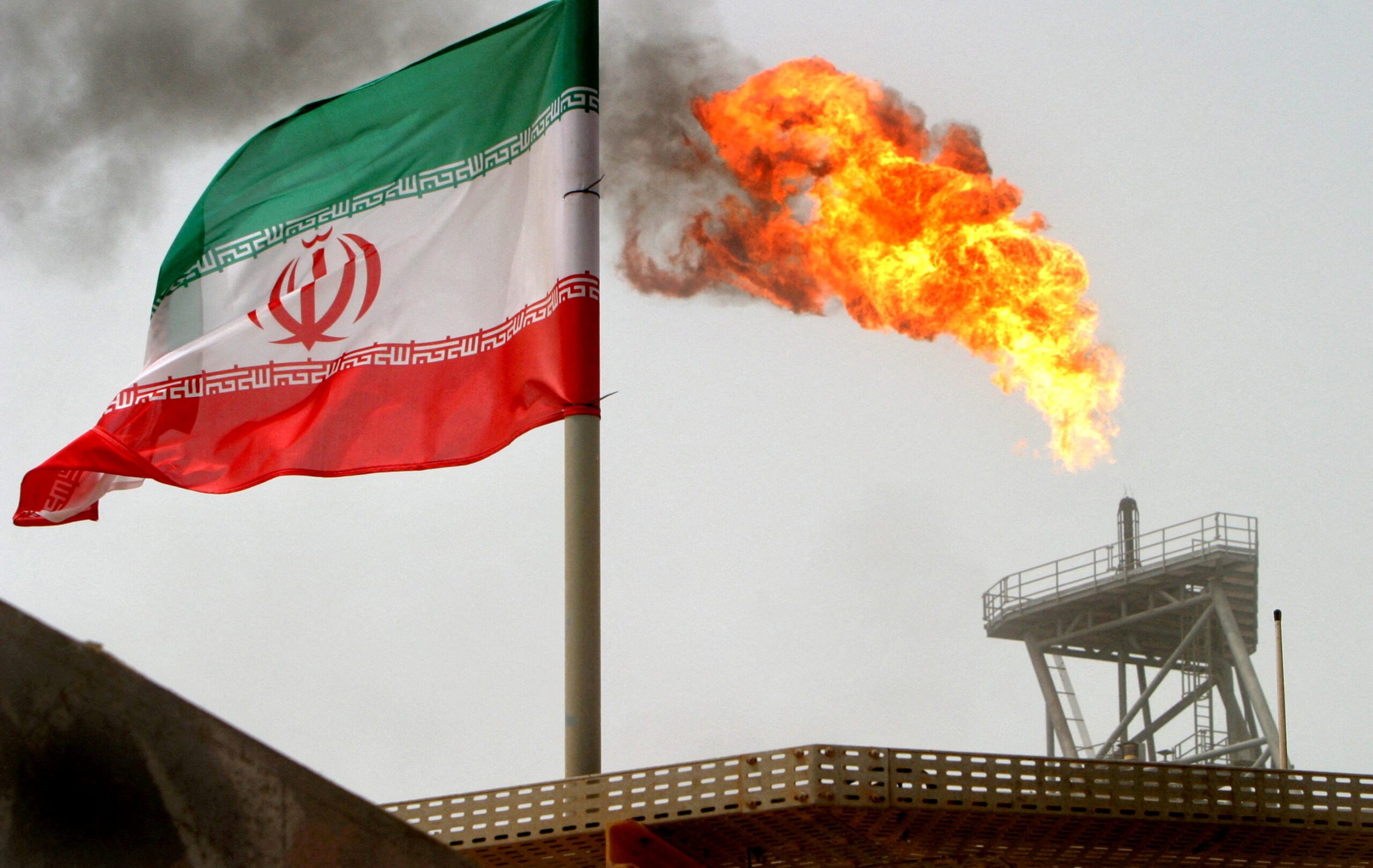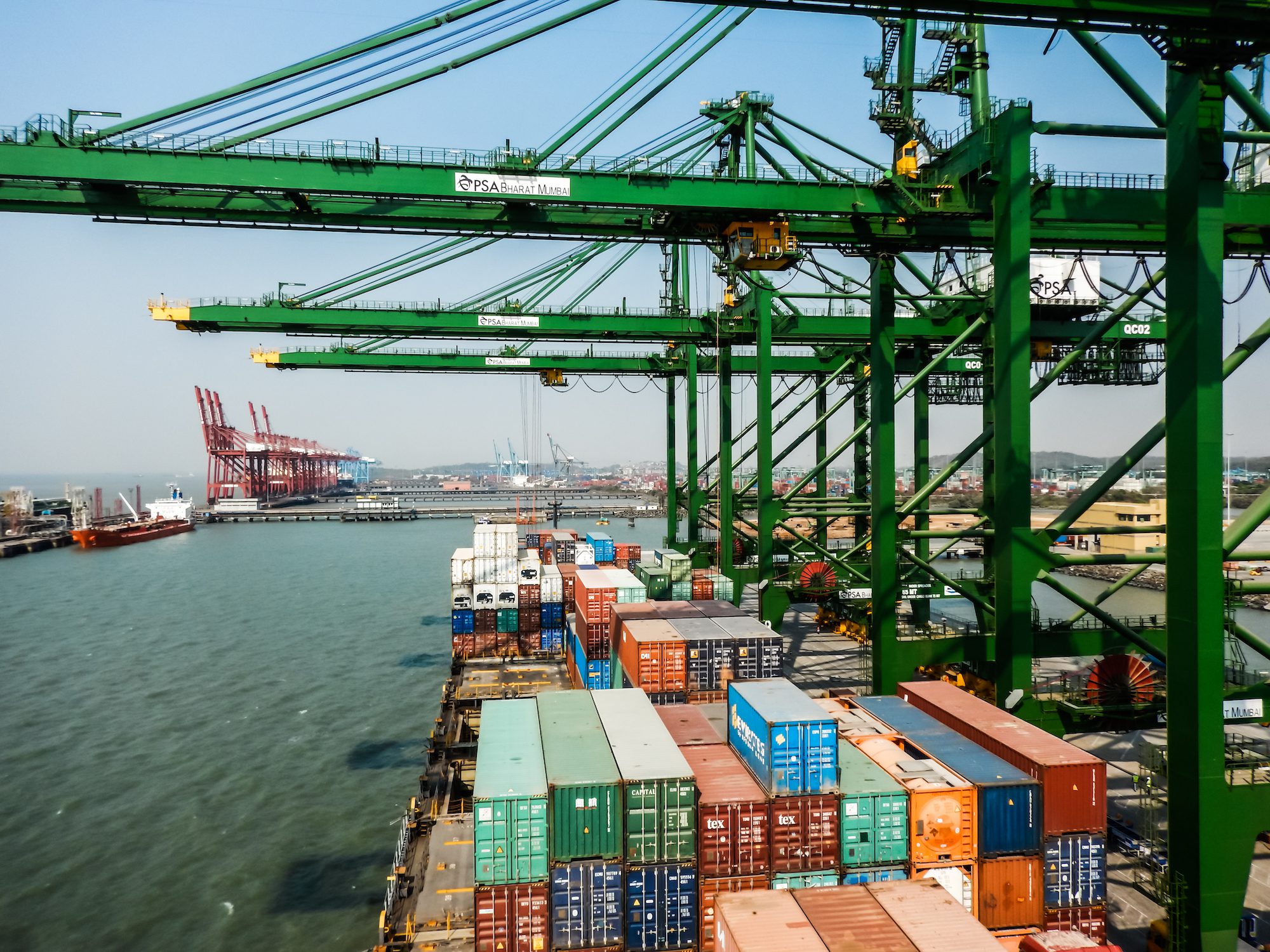The LNG-powered MV Rem Eir platform supply vessel. Photo: Kleven
The International Maritime Organization’s Maritime Safety Committee has adopted new rules for ships powered by gases such as LNG and other low-flashpoint fuels.
[contextly_sidebar id=”76r6igER7s1srMr3jm0GcBQN59QouX2X”]During the MSC’s 95th session held from June 3 to 12, the Committee formally adopted the International Code of Safety for Ships using gases or other Low-flashpoint fuels, aka the IGF Code, along with amendments making the Code mandatory under the International Convention for the Safety of Life at Sea (SOLAS).
The IGF Code aims to minimize the risk to the ship, its crew and the environment with regard to the nature of the fuels involved. It contains mandatory provisions for the arrangement, installation, control and monitoring of machinery, equipment and systems using low-flashpoint fuels, focusing initially on LNG.
The use of gas as fuel, particularly liquefied natural gas (LNG), has increased in recent years due to lower sulphur and particulate emissions than fuel oil or marine diesel oil. But gas and other low-flashpoint fuels pose their own set of safety challenges, which require proper management.
The amendments to SOLAS chapter II-1 (Construction – Structure, subdivision and stability, machinery and electrical installations), include amendments to Part F Alternative design and arrangements, providing a methodology for alternative design and arrangements for machinery, electrical installations and low-flashpoint fuel storage and distribution systems; and a new Part G Ships using low-flashpoint fuels, to add new regulations to require ships constructed after the expected date of entry into force of 1 January 2017 to comply with the requirements of the IGF Code, together with related amendments to chapter II-2 and Appendix (Certificates).
The IGF Code addresses all areas that need special consideration for the usage of low-flashpoint fuels, taking a goal-based approach, with goals and functional requirements specified for each section forming the basis for the design, construction and operation of ships using this type of fuel, according to the IMO.
The MSC also adopted related amendments to the International Convention on Standards of Training, Certification and Watchkeeping for Seafarers (STCW), and STCW Code, to include new mandatory minimum requirements for the training and qualifications of masters, officers, ratings and other personnel on ships subject to the IGF Code. The amendments also have an entry into force date of 1 January 2017, in line with the SOLAS amendments related to the IGF Code.

 Join The Club
Join The Club










